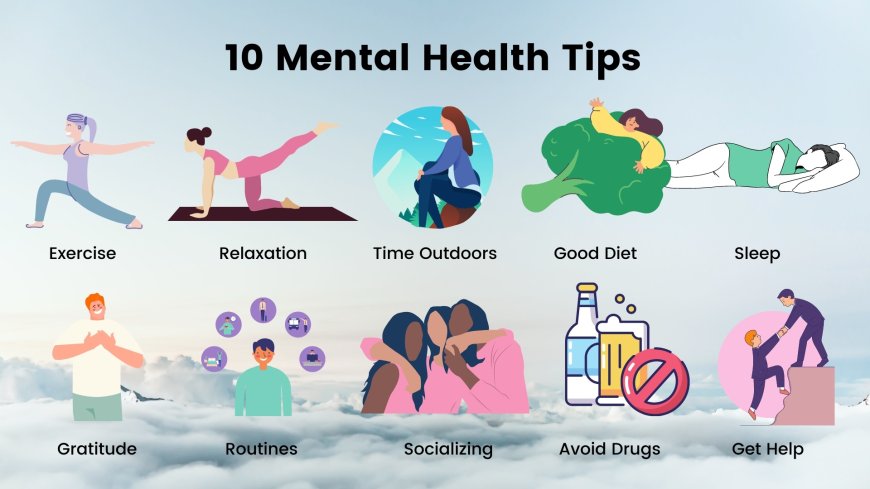1. Avoid: Procrastinating on Self-Care
Why It’s a Problem: Putting off tasks related to self-care leads to high levels of stress as well as anxiety. When you postpone things that would boost your wellness, neglecting them can come so easy.
2. Avoid: Overloading Your Schedule
What to Do Instead: Break up tasks by priority ranking system in order of importance then set achievable objectives for yourself each day within that time frame. Include breaks plus free time within your daily planner since denying oneself unnecessary responsibility helps lighten burdens thus reducing strain levels.
3. Avoid: Talking Down to Yourself Why It's a Problem:
4. Avoid: Too Much Screen Time Why It's a Problem:
5. Avoid: Missing Meals or Eating Junk Food Why It's a Problem:
6. Mistake: Skipped Meal Why It's Bad:
Instead:
7. Avoid: Overloading Your Schedule Why It's Harmful:
Instead:
8. Cease the Fiddling with Your Phone Why It's Bad:
Instead:
9. Not Exercising Why It's Harmful:
Sedentary lifestyle can be linked with bad mental health, characterized by increased somnolence, anxiety, and depression. Exercise is very important for well-being because it releases endorphins.
10. Don't Trash Your Sleep Needs Why It's Bad: A lack of sleep wreaks serious havoc on your mind. It can leave you cranky, distracted, and is also shown to exacerbate anxiety and depression.
Instead:
Conclusion:


































































